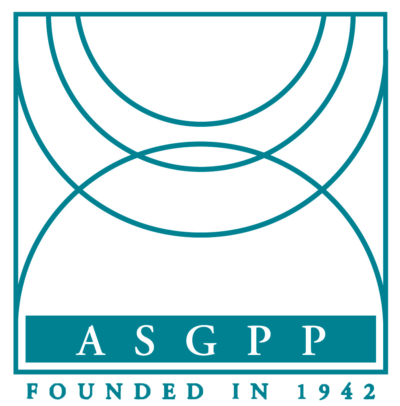WHAT IS SOCIOMETRY?
Sociometry is the scientific measurement of social relationships in groups and was developed by J. L. Moreno by investigating the structure of groups and society.
SOCIOMETRY:
J. L. Moreno investigated the structure of groups and society and developed Sociometry – the scientific measurement of social relationships in groups. As in systems models, the individual is viewed in relationship to others. Sociometry in its most basic sense can be best characterized as a collection of methods to investigate and evaluate networks of existing and preferred relationships. Specifically, sociometry is the study of interpersonal choices regarding criteria of interest to the investigator. Sociometry is not a study of formal group structure (e.g., official hierarchies), rather it is a phenomenological study of people’s interpersonal choices (Treadwell & Kumar, 1985, 1997). Sociometric explorations measure, observe and intervene in the natural attraction/rejection processes within a given group, e.g., family, social, work, community. These explorations may be didactic or action-oriented and include social atoms, role diagrams, interpersonal relations, sociograms, and social networks.
Goals of Sociometry
- Facilitate constructive change in individuals and groups.
- Increase awareness, empathy, reciprocity and social interactions.
- Explore social choice patterns and reduce conflicts.
- Clarify roles, interpersonal relations, and values.
- Reveal overt and covert group dynamics.
- Increase group cohesion and productivity.
For a Bibliography, go to www.sociometry.net
